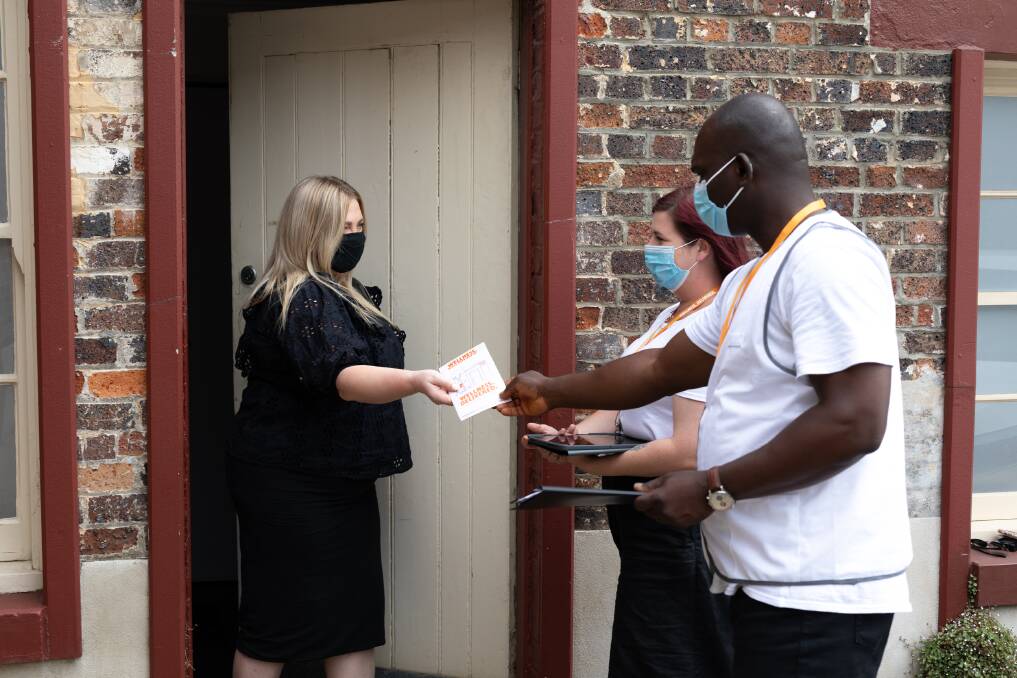
The organisers of a new project in the state's North-East are aiming to combat an issue that plagues one in five Australians each year.
Subscribe now for unlimited access.
$0/
(min cost $0)
or signup to continue reading
Assisting Communities through Direct Connection (ACDC) is a national initiative created by Community Mental Health Australia, and funded by the Department of Social Services.
The project consists of the organisation's employees, referred to as "people connectors", going door-to-door letting people know about free mental health services available in their area.
It has also been set up to generate data and information from 24 communities across Australia in the hope of understanding why people typically don't access those particular services in the first place.
The data accumulated in the ACDC project is set to be collated in an evaluation report, which is expected to contribute to discussions about funding for community-managed mental health services in Australia, and how support is delivered nationally. In Tasmania, the CMHA, with the help of local service provider Wellways, has begun its first stint of door-knocking at George Town, which is scheduled to continue through to May.
ACDC project line manager Chantelle Henry said the George Town community was in need of many services and believed the project data would help to show this.
"There is a lack of youth services, local alcohol and drug services, and community transport to access Launceston, the closest major town for services that are not available in the local community," she said.
Mayor Greg Kieser said he hoped data collated by the ACDC project included a range of demographics in the area, and wasn't directed at just one specific section of the municipality as he believed the latter would lead to skewed information.
READ MORE: Campbell Town man fined over email
"If the data does indicate there is a shortfall in George Town, we will have a hand in making sure something is done directly, or that professional services are advocated for to ensure we're appropriately provisioned," he said.
Cr Kiesler also believed the proposed upgrade to the town's existing swimming complex, set to be rebranded as a health and well-being centre, could have the capacity to facilitate the aforementioned services, despite only one treatment room for allied health professionals being mentioned in the project's initial business case plan.
CMHA chief executive Bill Gye said many Australians opted not to speak or even think about their mental health, but he believed that was something the project could change. "People may prefer to tough it out, hide it from others, or avoid the stigma, but the ACDC project is going directly to households in Australia to engage them in conversation about these important issues," he said.
Our journalists work hard to provide local, up-to-date news to the community. This is how you can continue to access our trusted content:
- Bookmark www.examiner.com.au
- Make sure you are signed up for our breaking and regular headlines newsletters
- Follow us on Twitter: @examineronline
- Follow us on Instagram: @examineronline
- Follow us on Google News: The Examiner



